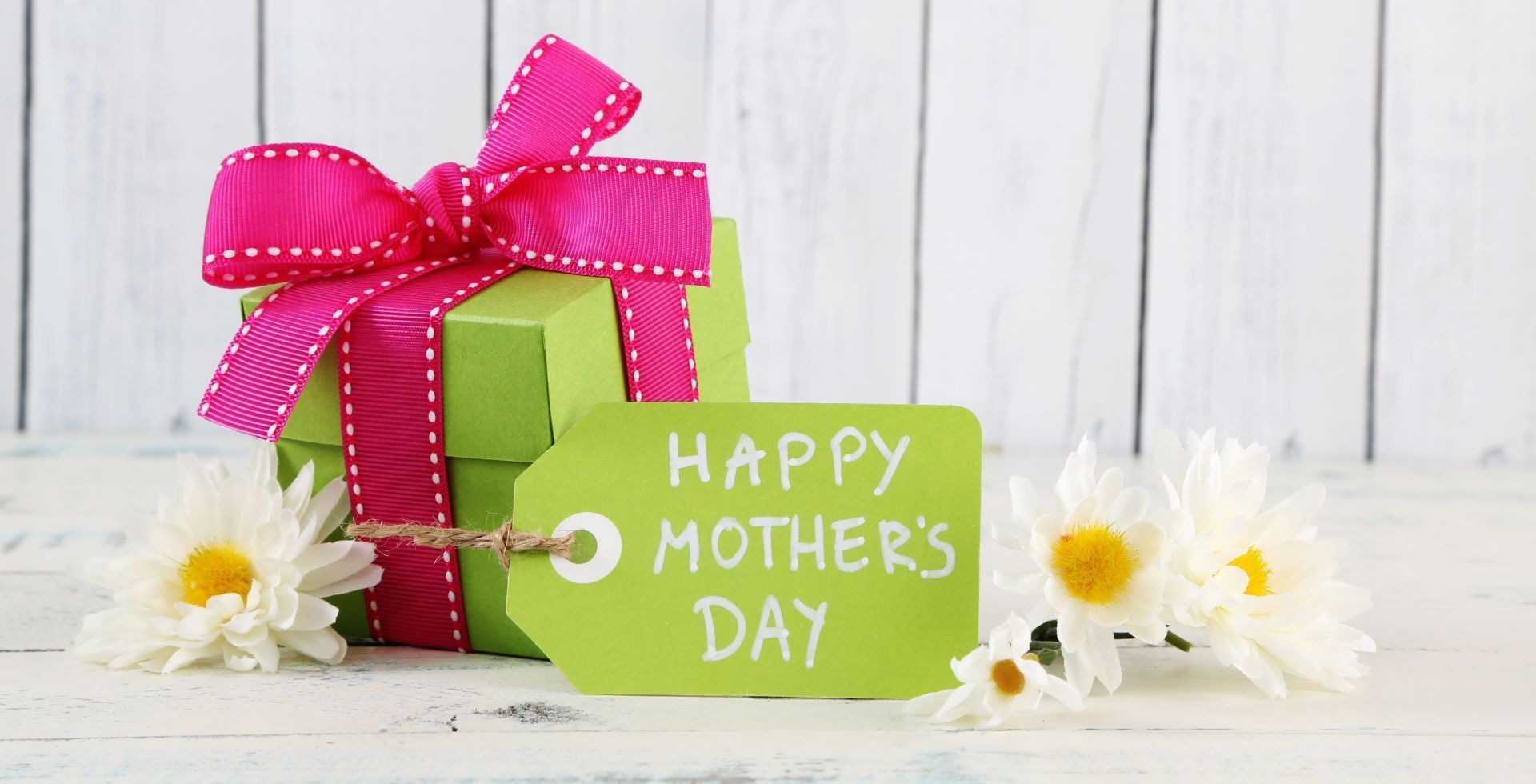

Mothers Day Origins In The UK
How Did It All Begin?
Mother's Day in the United Kingdom has origins in both ancient traditions and modern celebrations. Unlike the US Mother's Day in May, the UK celebrates Mothering Sunday on the fourth Sunday of Lent in March.
The roots of Mothering Sunday trace back to early Christians returning to their "mother church." It became a day to visit families and bring flowers and gifts to mothers.
In the 20th century, the holiday became more commercialised with card and gift sales. The American Mother's Day in May also influenced the modern UK celebration, shifting the date closer to the US and expanding ways to honour mothers.
Today, Mother's Day in the UK is celebrated by giving cards, flowers and gifts to mothers and maternal figures. It has evolved into a day to appreciate mothers and motherhood.
The ancient traditions honouring the "mother church" have transformed into honouring the love and care of all mothers.
Mother's Day Interesting Facts
5 Things About Mother's Day in the UK Not Widely Known
1. The original Mothering Sunday was also once referred to as "Refreshment Sunday." On this day, the Lent fast would be relaxed and people could indulge in some meat, cakes and other foods that were given up for Lent.
2. Mothering Sunday was originally a religious festival with no connection to mothers at all. It was meant to honour the "Mother Church" and people would return to their mother church or main cathedral for a special service.
3. The tradition of Simnel cake began on Mothering Sunday. Simnel cakes are a type of fruit cake decorated with marzipan. It is said that young girls learning to bake would make these cakes to bring home to their mothers.
4. During World War II, it became common for servicemen to be given Mothering Sunday leave to visit their families back home. Many sons and daughters who could not return home would send letters and parcels to their mothers instead.
5. Commercialisation of Mother's Day in the UK did not really take off until the 1950s. Before that, it was still primarily considered a religious and family holiday rather than one focused on buying gifts and flowers.
